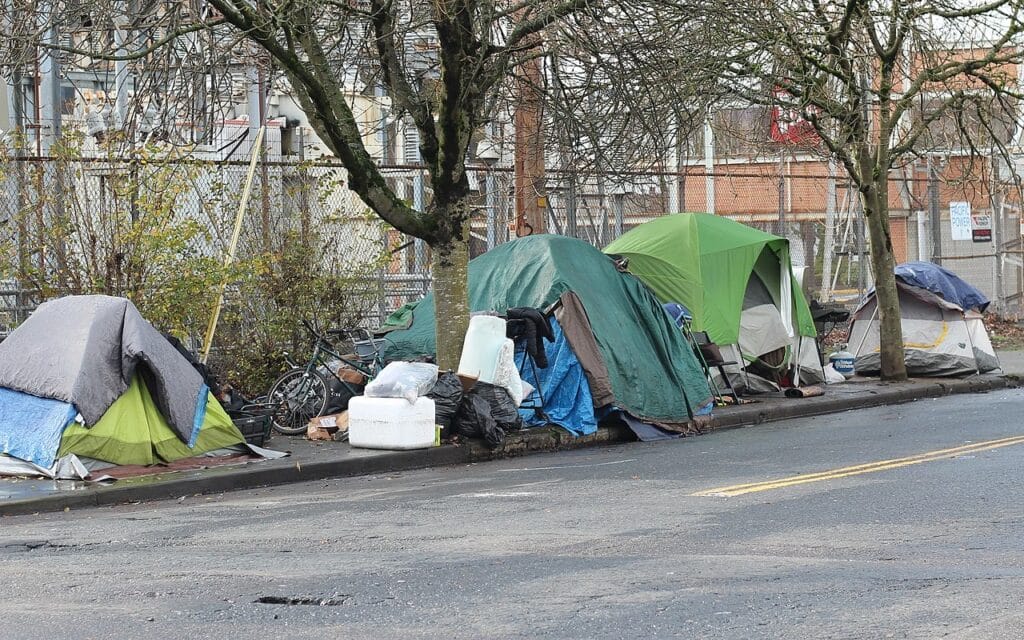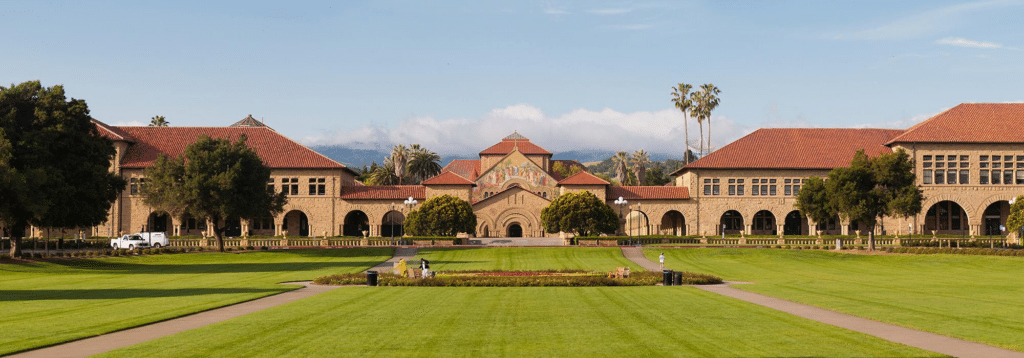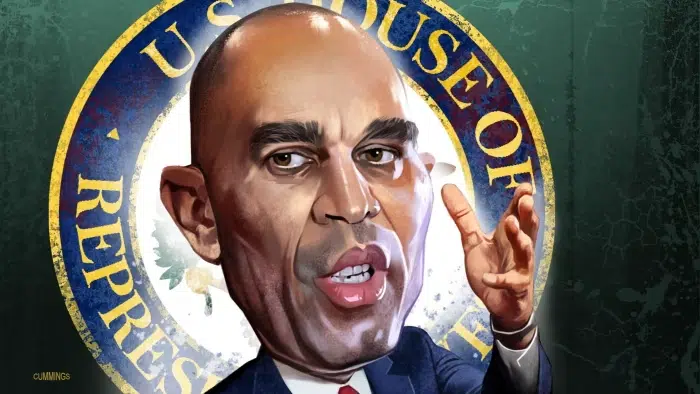
Oregon Bill Would Give $1,000 Per Month Universal Basic Income to Homeless and Low Wage Earners
When Democrat Ted Wheeler was elected mayor of Portland, Oregon, seven years ago, he promised to eliminate unsheltered homelessness in Oregon’s largest city by 2018. Today, there are an estimated 3,000 individuals residing in hundreds of encampments throughout the city.
As it did in many urban areas across the country, the COVID-19 pandemic added to the the misery of those living on the streets and also also emptied the city’s once-vibrant downtown. To make matter’s worse, Portland experienced record homicides, more than twice the per-capita rate as Seattle, Washington.
Wheeler’s failed battle against homelessness is part of a growing statewide crisis that nearly reached 600.000 homeless on the streets back in January 2022, based on data from the United States Department of Housing and Urban Development.
Seeking even a short-term solution to what feels an insurmountable problem, state lawmakers are considering a bill to give Oregon’s homeless and low-income residents $1,000 a month in universal basic income.
Oregon Democrat-controlled legislature has posed a plan to establish the People’s Housing Assistance Fund Demonstration Program through the state’s Department of Human Services.
The new legislation is the latest instance of a blue states looking to provide free monetary assistance to those enrolled in universal basic income (UBI) programs
Oregon’s legislation would “provide 12 monthly payments of $1,000 to individuals who are experiencing homelessness, are at risk of homelessness, are severely rent burdened or earn at or below 60 percent of area median income.”
The bill requires a study of who ends up receiving the money, including basic assessments of a recipient’s demographics, including race, veteran status and risk of domestic violence.
Those who receive the $1,000 installments will be able to use the sums at their discretion, although program supporters hope the money will be directed towards paying rent and other living expenses.
Democrat Governor Tina Kotek in a press release urged state lawmakers to “make significant, additional investments to rehouse and prevent homelessness for more Oregonians, build and preserve more housing units statewide, and increase home ownership. We can and must rise to meet the moment.”
In another release about the state’s homeless challenges, Kotek added, “Unsheltered Oregonians need relief now, and our local communities need the support to provide that relief…Together, we can act with the urgency people across our state are demanding. Bold ideas, concrete solutions, disciplined follow through. That’s how we can deliver results, this year, and in the years to follow.”
Of course, allowing recipients that much freedom with the cash could backfire when and if some recipients use their allotments to buy alcohol, drugs or other questionable indulgences.
Oregon is by far not the first place to explore the idea of sending universal basic income payments to members of disenfranchised communities.
The City of San Francisco last November launched an outreach effort to give universal basic income to transgender and non-binary residents.
As well, transgender residents in Palm Springs, California, are eligible to receive UBI of up to $900 per month solely for identifying as transgender or non-binary – no strings attached.
The Palm Springs City Council voted in favor of the pilot UBI program and will have $200,000 set aside for allocation. after a unanimous vote by the Palm Springs City Council last week.
Oregon’s UBI program for the homeless and low-income earners would sunset in 2026.



